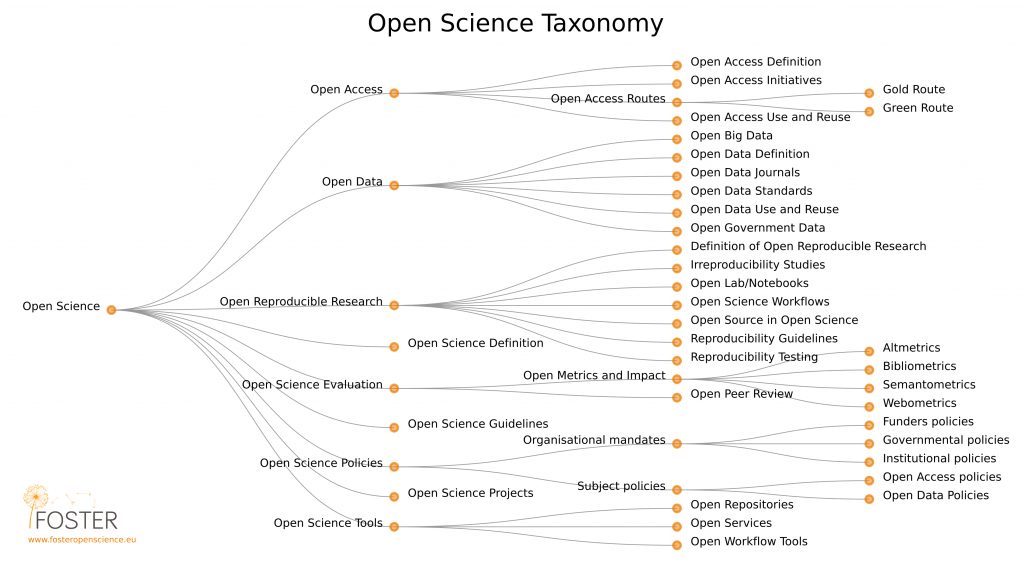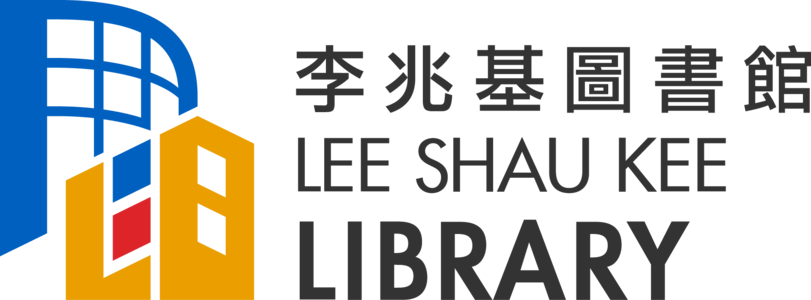Open Science, or Open Scholarship, is more than making your papers and research data open access. This May, UNESCO adopted a draft of the Recommendation on Open Science. All researchers should get to know Open Science as it becomes a guidance of good research practices.
Open Science movement originated several decades ago to increase the societal impact of science. If research process and outputs are more transparent and accessible, scientific systems can be more effective and productive. For examples, research data and materials can be reused for more research; findings can be more widely circulated, generating more opportunities for people to participate in research processes. The Recommendation by UNESCO outlines a common definition of Open Science. It describes the values, principles and standards, and proposes a set of actions for all, from individual, institutional, national to international level.
Definition of Open Science
In the Recommendation, Open Science combines various movements and practices aiming to:
- make multilingual scientific knowledge openly available, accessible, and reusable for everyone
- increase scientific collaborations and sharing of information for the benefits of science and society
- open the processes of scientific knowledge creation evaluation and communication to societal actors beyond the traditional scientific community
It includes all disciplines and aspects of scholarly practices.
The document describes the key pillars for Open Science:
- Open scientific knowledge
- Open science infrastructures
- Science communication
- Open engagement of societal actors
- Open dialogue with other knowledge systems
Points Worth Noting
In the Recommendation, open scientific knowledge refers to the open access of not only publications, but also research data, metadata, open educational resources, software and source code, hardware, and opening research methodologies and evaluation processes. It explicitly points out:
“A paywalled method of publication, where immediate access to scientific publications is only granted against payment, is not aligned with the present recommendation. Any transfer or licensing of copyrights to third parties should not restrict the public’s right to immediate open access to a scientific publication.”
Open science infrastructures support Open Science and serve the needs of different communities. Examples include open science platforms, repositories for publications, data and source codes, and digital research services. A critical component of these infrastructures is the ability to support the use of persistent unique identifiers (PID). These infrastructures often come from community efforts, which are crucial for long-term sustainability, and should be not-for-profit.
Action Areas
The document recommends Member States to take action in seven areas:
- Promoting a common understanding of Open Science, associated benefits and challenges, as well as diverse paths to Open Science
- Developing an enabling policy environment for Open Science
- Investing in Open Science infrastructures and services
- Investing in human resources, training, education, digital literacy and capacity building for Open Science
- Fostering a culture of Open Science and aligning incentives for Open Science
- Promoting innovative approaches for Open Science at different stages of the scientific process
- Promoting international and multi-stakeholder cooperation in the context of Open Science and in view of reducing digital and knowledge gaps
This UNESCO Recommendation represents a strong international endorsement for the adoption of Open Science practices. It is expected to be officially adopted in the UNESCO General Conference in November 2021.
More Information
- About the Recommendation and links to draft text
- Taxonomy and training resources at FOSTER portal

— By Gabi Wong, Library
Views: 10542
Go Back to page Top
- Category:
- Academic Publishing
Tags: open access, Open Science
published May 20, 2021
last modified March 11, 2022


